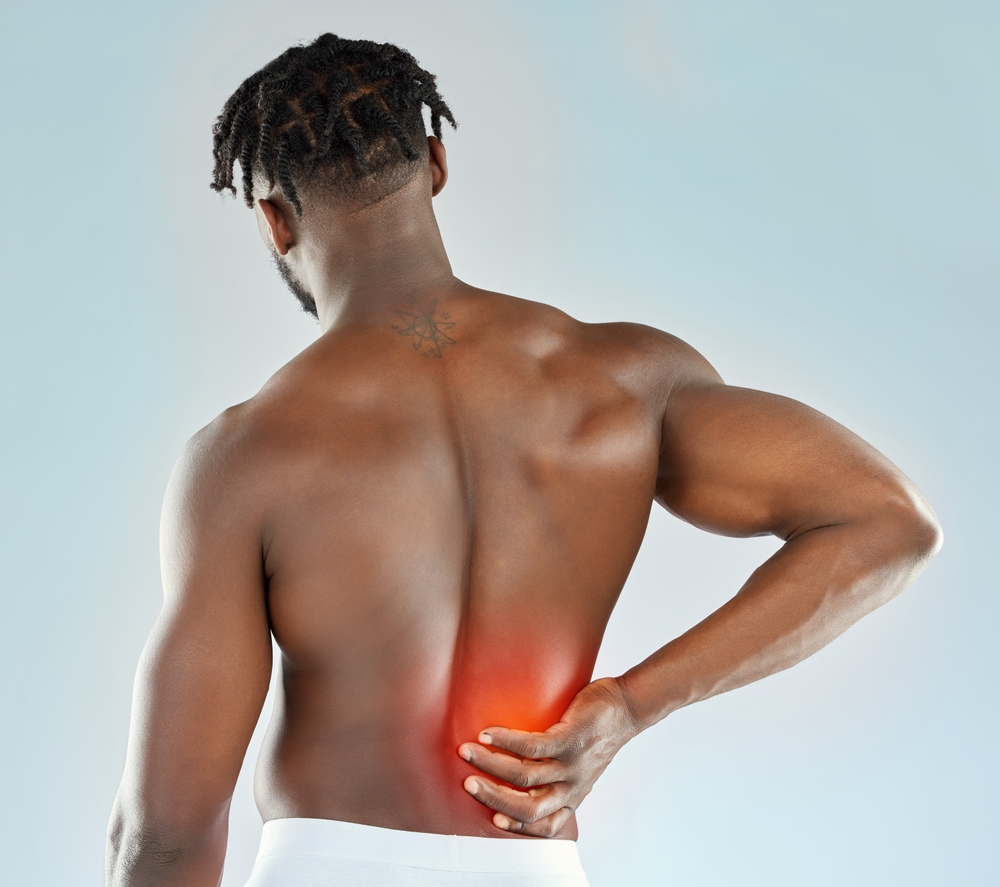Lower back and hip pain affects millions globally, making it a common yet troubling concern. This type of pain can range from acute, short-term discomfort to chronic conditions that persist over time, impacting one’s quality of life and mental well-being. Understanding the causes, treatment options, and preventive measures is crucial for managing and potentially alleviating this pain.
Common causes of lower back and hip pain
Several factors can contribute to lower back and hip pain, including:
- Muscle strain or sprain: Often resulting from overuse or injury, affecting the muscles and ligaments in the back.
- Pinched nerve: Occurs when too much pressure is applied to a nerve by surrounding tissues.
- Herniated disk: Involves a disk in the spine slipping out of place and pressing on spinal nerves.
- Sciatica: Pain that radiates along the sciatic nerve from the back down to the legs.
- SI joint dysfunction: Pain arising from improper movement of the joints at the base of the spine.
- Arthritis: Various types of arthritis can cause pain in the back and hips, including osteoarthritis and rheumatoid arthritis.
Effective treatment options
Treatment for lower back and hip pain varies based on the underlying cause but may include:
- Physical therapy to improve function and mobility.
- Medications for inflammation and pain relief.
- Exercise programs focusing on strength and flexibility.
- Steroid injections or surgical interventions in severe cases.
Engaging with a health care provider to understand the specific cause of your pain is essential for effective treatment.
Prevention strategies
Maintaining an active lifestyle is key to preventing lower back and hip pain. Regular physical activity, proper posture, and ergonomic adjustments in daily activities can significantly reduce the risk of developing pain. Here are some tips:
- Incorporate a mix of aerobic and strength-training exercises into your routine.
- Ensure proper alignment and support while sleeping.
- Take frequent breaks from prolonged sitting to stretch and move around.
When to consult a doctor
If your back and hip pain persists despite home care and lifestyle adjustments, it’s important to consult a health care professional. Seek immediate medical attention if you experience severe symptoms such as:
- Weakness in the legs
- Numbness or loss of bladder or bowel control
- Severe pain that does not improve with rest
Understanding when to seek help can lead to earlier diagnosis and more effective management of lower back and hip pain.





